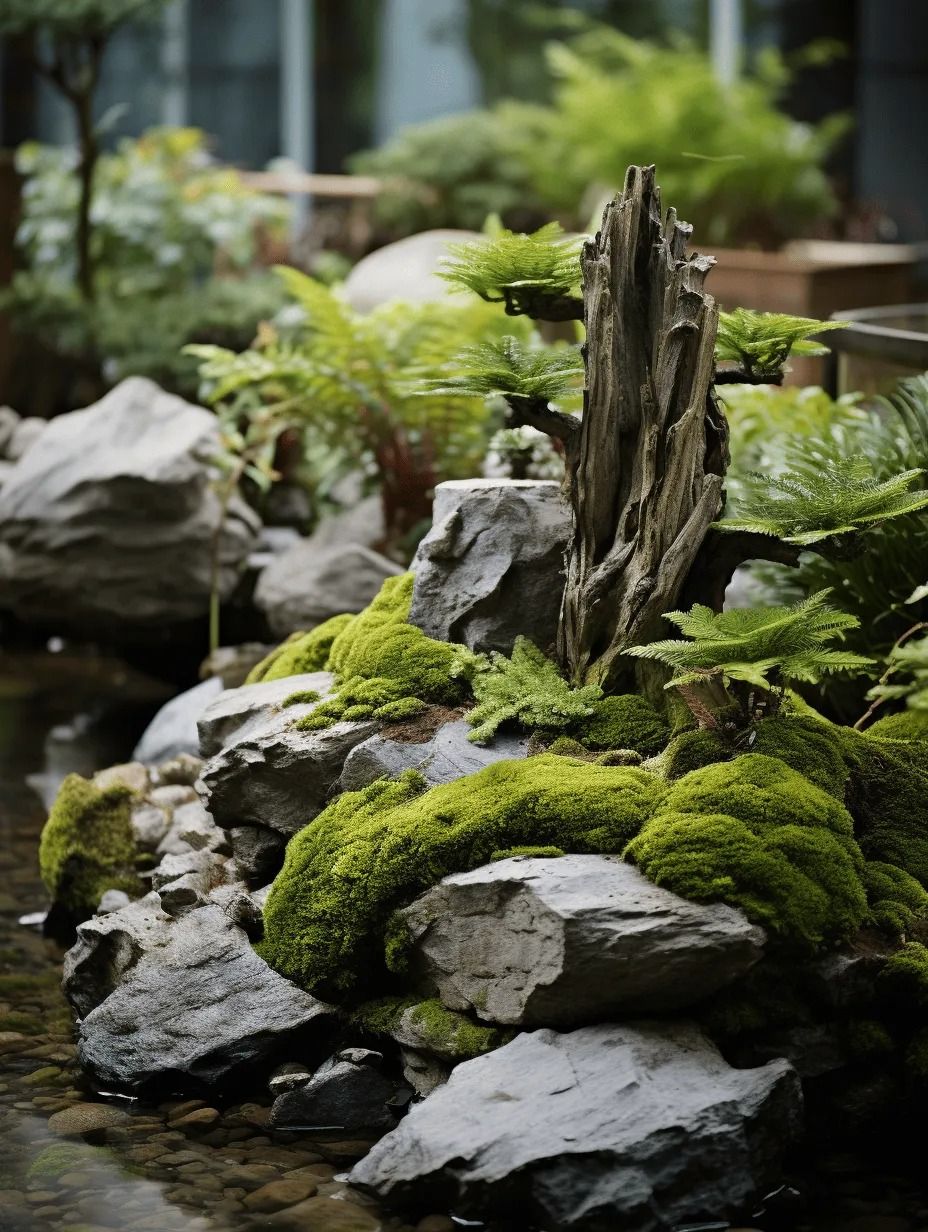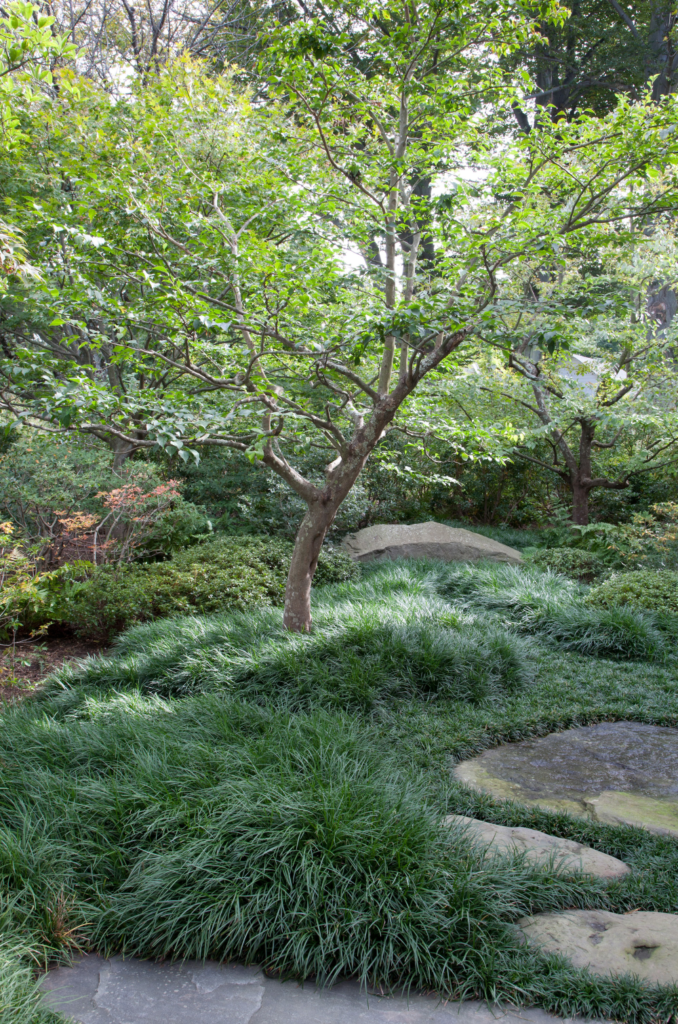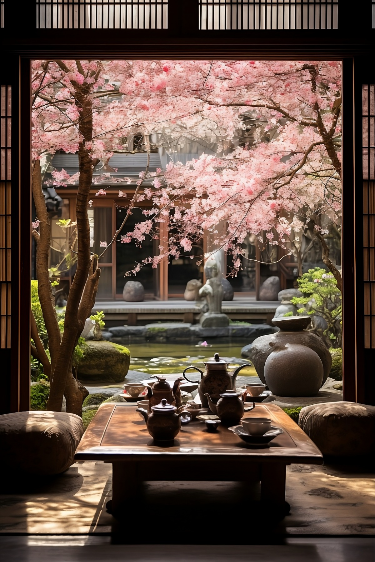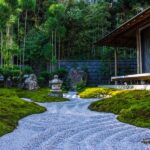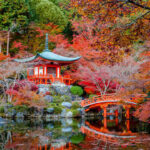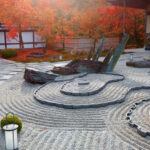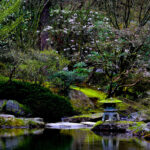Japanese gardens are a unique and tranquil space that encourages contemplation and reflection. These gardens are vastly different from the typical Western garden, as they are designed to reflect the natural landscapes of Japan and promote harmony between man and nature. Japanese gardens are carefully curated to create a sense of peace and balance, making them the perfect escape from the hustle and bustle of everyday life.
One of the key elements of a Japanese garden is its emphasis on simplicity and minimalism. Unlike Western gardens, which often feature an abundance of flowers and plants, Japanese gardens focus on creating a sense of harmony through the use of carefully chosen elements. Rocks, water, moss, and carefully pruned trees are common features of a Japanese garden, each chosen for their symbolism and aesthetic appeal.
Another important aspect of Japanese gardens is the concept of “borrowed scenery,” known as shakkei in Japanese. This technique involves incorporating the surrounding landscape into the garden’s design, creating a seamless transition between the man-made and natural elements. By framing distant mountains, trees, or other natural features within the garden’s layout, designers are able to blur the lines between the garden and its surroundings, enhancing the sense of tranquility and unity.
Japanese gardens also incorporate a variety of traditional design principles, such as asymmetry, balance, and symbolism. These elements are carefully considered when designing a Japanese garden, with each feature serving a specific purpose and contributing to the overall aesthetic. For example, the placement of rocks and boulders is meant to represent mountains or islands, while winding paths and bridges symbolize the journey of life.
Water is another key component of Japanese gardens, often represented by ponds, streams, or waterfalls. In Japanese culture, water is seen as a symbol of purification and renewal, making it an essential element in garden design. The soothing sound of running water and the reflection of surrounding plants and trees create a sense of tranquility and harmony, inviting visitors to relax and contemplate the beauty of the natural world.
Overall, Japanese gardens are a testament to the intricate relationship between man and nature, showcasing the beauty and simplicity of the natural world. These gardens offer a peaceful retreat from the chaos of modern life, inviting visitors to slow down, meditate, and appreciate the beauty that surrounds them. Whether visiting a traditional garden in Japan or a meticulously designed Japanese garden in another part of the world, the experience is sure to leave a lasting impression on all who visit.
 yishifashion Where Outdoor Dreams Become Reality
yishifashion Where Outdoor Dreams Become Reality
